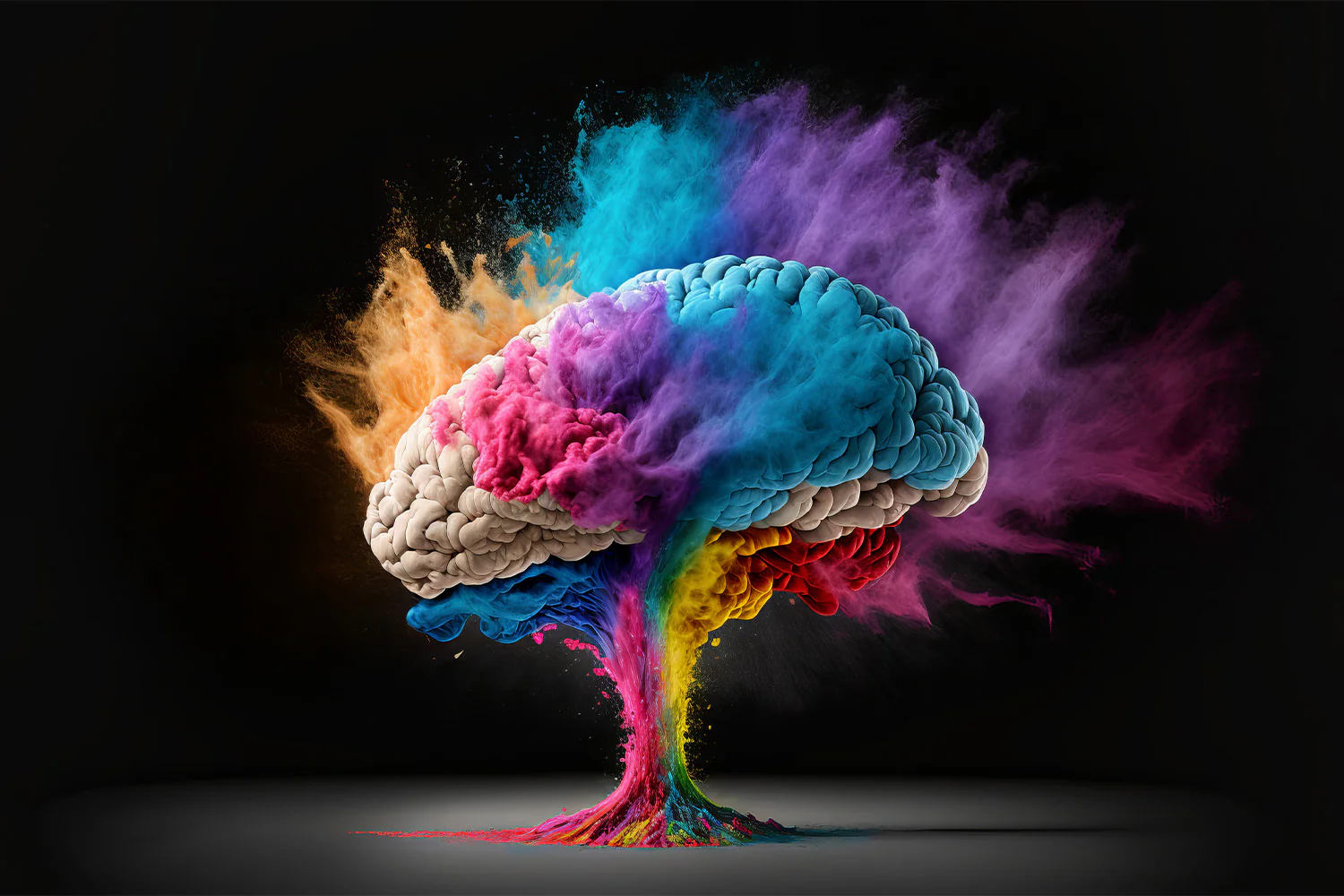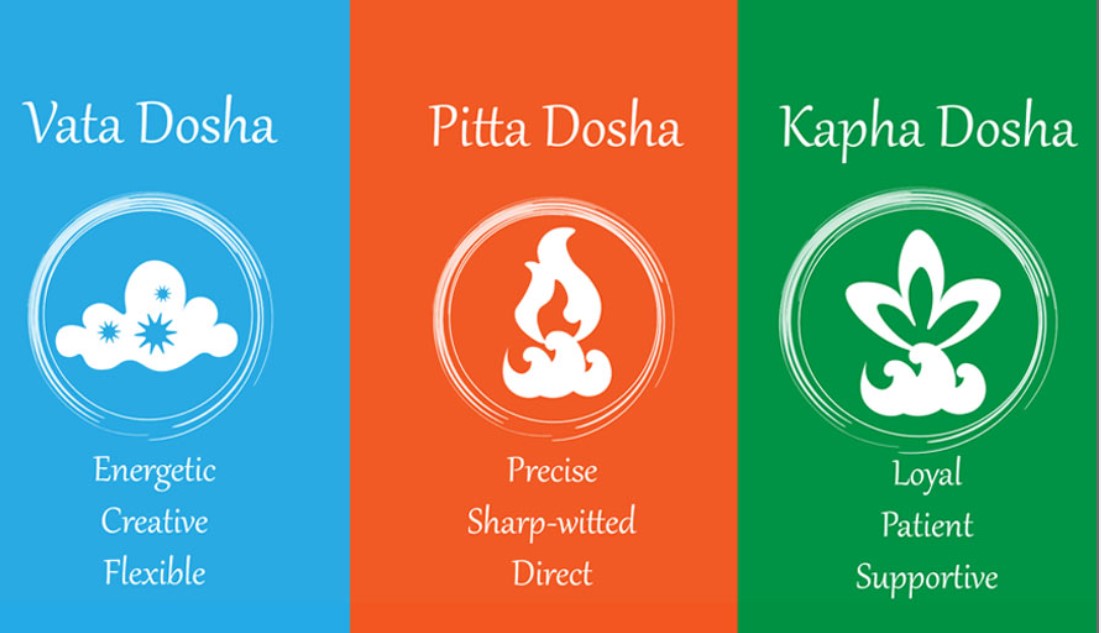In today’s world, with war breaking out within and among countries and everyone fighting their own personal wars, we often struggle to find peace. That’s where peace mantras can help. Peace mantras are, in fact, a simple tool to bring peace, positivity, and, moreover, mental clarity into our lives. They are core to spiritual practices, especially in Hindu and Buddhist traditions. Peace mantras are commonly chanted in temples and meditation classes to cultivate harmony; also, this practice reflects centuries of tradition. Best Peace Mantras for Meditation Aum Shanti Shanti Shanti Aum peace (physical peace), peace (mental peace), peace (spiritual peace) This mantra is famous in spiritual practices for its calming effect. Chanting this mantra can help dissolve anxiety and also, making it ideal for relaxation. Sarve Bhavantu Sukhinah May everyone be happy This mantra is, perfect for beginning meditation with a positive intention. How Peace Mantras Benefit Us Chanting peace mantras in meditation isn’t just about words – it’s about planting seeds of peace. These mantras: Reduce stress by offering a mental break. Balance emotions to soothe anxious thoughts. Enhance self-awareness by grounding us in the present. They serve as steady anchors, helping us remain calm even during challenging times. Listening to Peace Mantras for Relaxation For best results, recite peace mantras in a quiet, undisturbed place. Find a comfortable spot, close your eyes, and take deep breaths. Whisper the mantra softly or repeat it in your mind, letting each word flow naturally. Focus on every syllable to calm your mind. If you have trouble articulating these Sanskrit Shlokas, you can play them on a device. The positive energy emitted from these Shlokas, consequently, will definitely make you feel better. Listen to these mantras in the morning to give a positive start to your day. Peace Mantra for Inner Calm Ma Kaschit Du:kha Bhagbhavet May everyone be free from suffering This mantra cultivates inner peace as a kind wish that no beings shall suffer. The mantra, therefore, wraps up great empathy and kindness within itself; consequently, no person shall go through pain or hardship. People often recite this line and the whole Shloka as a prayer to invoke peace, happiness, and well-being upon all. It, thereby, promotes compassion, encouraging a desire for everyone’s well-being, which fills your mind with calmness and kindness. It expresses the holistic and inclusive character of so many spiritual traditions; pointing out the interdependence of all life and how important it is in a state of wellbeing. When we wish for the well-being of all beings, it ultimately brings wellness into our own lives. This is an efficient way to release stress. Take a few minutes to reconnect with these positive phrases to reset your mind and let go of daily worries. Regular practice can not only soothe the mind, but also foster a balanced outlook. Daily Mantra for Positive Energy Sarve Santu Niraamayah May everyone be free from disease Chanting a peace mantra each morning can, therefore, set a positive tone for your day. Also, spend 5-10 minutes repeating this mantra. This mantra is a nice expression of universal compassion and goodwill, a wish for the happiness, health, and well-being of all living beings. It reflects deep-rooted values in Indian culture-to care about the well-being of all, irrespective of individual differences. This intention for health and positivity, therefore, brings hope and, in turn, balance to you and those around you. I believe that all of us, being doctors or not, have healing power inside us. By soaking ourselves in positivity and constructive thoughts, we can not only improve our lives but also the lives around us. Peace Mantra for Anxiety and Emotional Healing Sarve Bhadrani Pashyantu May everyone have good luck The phrase “Sarve Bhadrani Pashyantu” specifically means “May everyone see or experience auspiciousness, goodness, and noble things.” It is a wish for all beings to encounter positivity and prosperity in their lives. The shloka as a whole expresses a deep desire for universal happiness, furthermore, it emphasizes health, and protection from suffering. This Shloka is often recited in prayers, meditation, and during spiritual gatherings, symbolising a collective aspiration for the well-being of all living beings. By praying for everyone’s happiness, you set the invite of abundant happiness from the universe or the supreme power. Personalized Peace Mantra for Self-Discovery While traditional mantras are powerful, creating a personal mantra can make your practice even more meaningful. Reflect on qualities like peace, love, or courage that you wish to deepen. Design a mantra around these values, consequently, use it to enhance self-discovery in meditation. Now, don’t start judging me when I say ‘design your own mantra’. Mantra doesn’t necessarily mean Sanskrit shloka. A mantra is, in essence, a brief, meaningful, and powerful rendition of the positive thoughts that, ultimately, we infuse into our lives. Another word for this can be ‘affirmations.’ I hope that sounds better. Doesn’t it? Design your own affirmations in your easy-to-understand language and repeat them daily with the focus for five minutes. That’s it! Your personalized peace mantra is here. Example of affirmations: I am completely healthy. Every body part of mine works well and I am thankful to God for a disease-free life. I am a happy soul. I feel peace within. I live in divine surroundings. There is positivity, Calmness, and happiness surrounding me. I have an abundance of wealth that I put to good use. Integrating peace mantras into daily life can altogether change your personality and aura. These grounding mantras keep your mind centred, creating a positive mindset for whatever the day brings. Whether you seek relaxation, relief from anxiety, or spiritual connection, peace mantras are a powerful path to inner calm and… Continue reading Peace Mantra to Find Inner Calm
Peace Mantra to Find Inner Calm






